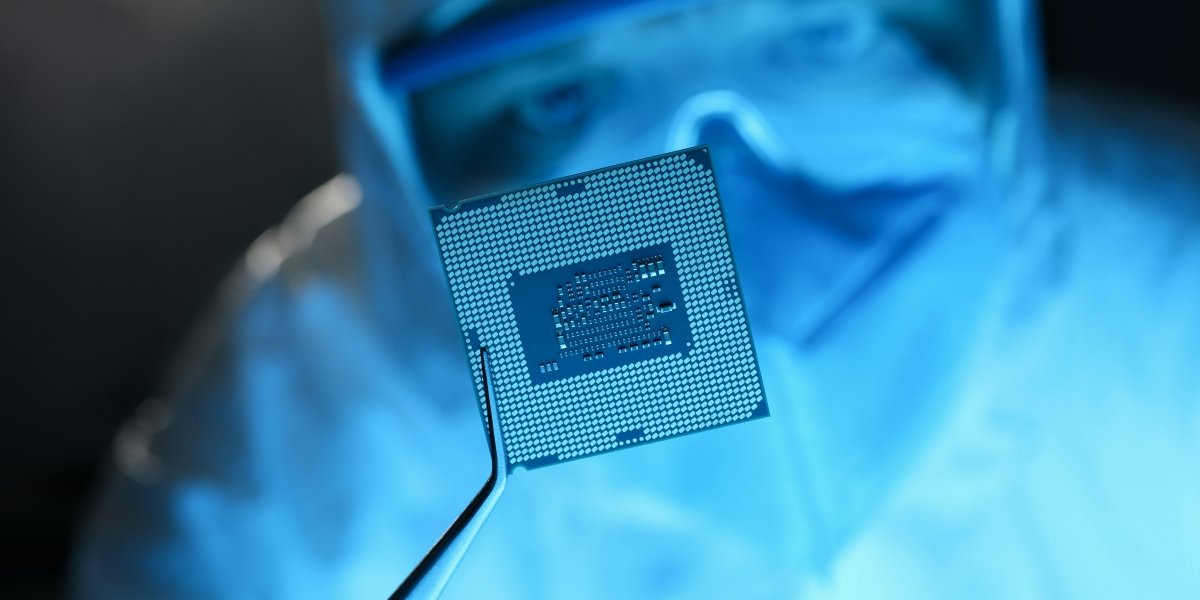(Photo for visualization purposes only)
The company’s IC Drone system has shown significant efficiency and safety improvements, paving the way for international expansion and transforming infrastructure maintenance.
Duke Robotics, a wholly owned subsidiary of UAS Drone Corp. (OTCQB: USDR), is making significant strides in the commercial drone market following the successful completion of a pilot program with the Israel Electric Corporation (IEC). The company’s innovative IC Drone system, designed for cleaning electric utility insulators, has demonstrated notable efficiency and safety, paving the way for global expansion.
The inspection and maintenance of power lines represent significant challenges for utility companies. Traditionally, these tasks involve the use of helicopters, tanker trucks, and ground crews, methods that are not only costly but also pose considerable safety risks to workers. With the rise of urbanization and the growing demand for electricity, the need for efficient and safe maintenance solutions has never been more critical. This is where Duke Robotics’ IC Drone system comes into play.
The pilot program, which began in August 2022, saw Duke Robotics providing drone-enabled services to the IEC for the maintenance of electric utility cable insulators. By October 2023, the company had fulfilled its obligations under this agreement, showcasing the IC Drone’s capabilities in real-world conditions. The successful pilot highlights the system’s potential to revolutionize infrastructure maintenance by offering a safer, more efficient, and environmentally friendly alternative to traditional methods.
Yossef Balucka, CEO of Duke Robotics, emphasized the significance of this achievement: “Our advancement towards commercial activity marks an important milestone for the Company. As shown by the successful completion of the pilot program with the IEC, our innovative solutions not only enhance safety and efficiency but also promote environmental sustainability by reducing water usage. We are excited about the business potential embodied in our technology and believe it will significantly benefit electrical utility companies around the globe.”
With the pilot program now successfully behind them, Duke Robotics is working to expand its services internationally. The company plans to offer insulation maintenance and washing services to electrical companies worldwide, either independently or in collaboration with strategic partners. The IC Drone system, which leverages advanced algorithms and autonomous robotic technologies, is poised to become a game-changer in the infrastructure sector.
The potential for drone technology in infrastructure maintenance is vast. According to a recent PwC report, the global infrastructure sector is expected to be worth $45.2 billion. The IC Drone’s unique capabilities in stabilization and autonomous operations position it well to tap into part of this lucrative market. By reducing the need for traditional methods like tanker trucks or helicopters, the IC Drone offers increased safety, significant cost savings, and environmental benefits.
The IC Drone’s design allows it to perform complex tasks with high precision. It can navigate and operate in challenging environments, ensuring thorough cleaning of insulators without the need for human intervention in hazardous conditions. This technology not only reduces the risk to human workers but also significantly cuts down on the operational costs and environmental impact associated with traditional cleaning methods.
Duke Robotics’ entry into the market comes at a time when the demand for advanced maintenance solutions seems to be increasing globally. Countries with expansive electric grids present enormous market opportunities. The scalability of the IC Drone system means that it can be adapted to the specific needs of different regions, further enhancing its appeal to international utility companies.
In addition to its civilian applications, Duke Robotics has previously developed advanced solutions for the military sector through its TIKAD system, an advanced robotic platform for remote, real-time firing of lightweight firearms. The global military drone market is projected to reach $18 billion by 2028, according to MarketsandMarkets, driven by increasing demand for advanced UAVs in modern warfare. Duke Robotics’ collaboration with Elbit Systems, a prominent defense contractor with extensive global reach, for the TIKAD system enhances its market penetration, with Duke Robotics expected to earn royalties on world-wide sales of TIKAD. Moreover, according to the company’s reports, Elbit has agreed to both manufacture and further develop the technology, further contributing to its growth potential.
Duke Robotics’ stock has surged over 100% since the start of June 2024, potentially reflecting growing investor confidence and increased trading volume. This rise coincides with the company’s recent announcements including amendments to its warrant agreements, including an increase in the exercise price and an extension of the warrant term. These strategic moves aim to enhance shareholder value and prepare the company for future growth.
With its innovative technology and successful pilot program, Duke Robotics is well-positioned to potentially benefit from substantial growth. The company’s advanced drone solutions could redefine infrastructure maintenance and modern warfare, offering a future where technology enhances safety, efficiency, and environmental sustainability.
This article is for informational purposes only and is not intended to serve as financial, investment or any form of professional advice or recommendation. Please review the full disclaimers and financial disclosures it is subject to.
Published by: Martin De Juan













